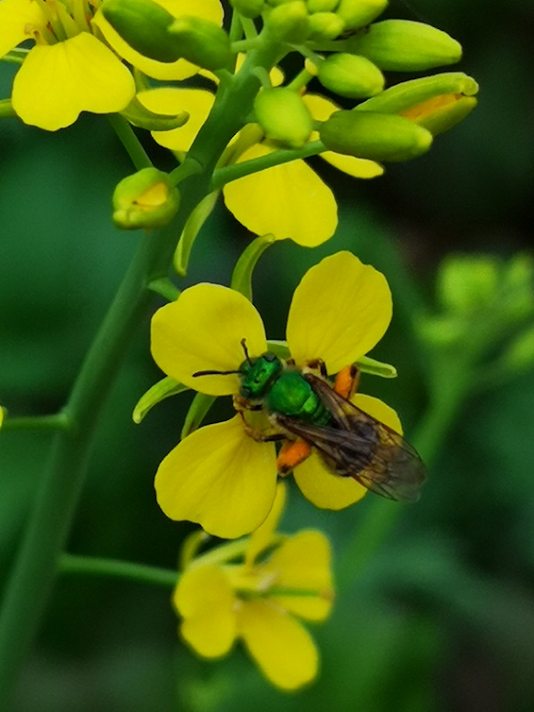Fireworks, Barbecues, Particulate Matter, Oh My!
The Impact of July 4th Celebrations on Our Air
What’s up, Forsyth?! As we look forward to Fourth of July celebrations this week, it’s important to remember that many of the activities associated with the holiday, including fireworks and backyard barbecues, can have a negative impact on our air quality and human health.
"Happy 4th of July! The American Flag in Fireworks" by Beverly & Pack is marked with Public Domain Mark 1.0.
Fireworks produce large amounts of both coarse and fine
particulate matter, which can damage lung tissue. Fine particles (PM2.5 or
soot) are especially harmful because they are small enough to enter the
bloodstream, increasing the risk of heart attacks and arrhythmias, strokes, and
the development of certain mental health and cognitive disorders. Fireworks also
contain nitrogen and sulfur for color and special effects, and when these can
combine with oxygen, they can form nitric and sulfuric acids. Not only are
these reactive compounds unhealthy to breathe for humans, but also they
contribute to acid
deposition, affecting the health of aquatic and terrestrial ecosystems.
As with every July Fourth, we expect to see a spike in
particulate matter concentrations during evening hours, and, thus, a decline in
air quality. Although the smoke should clear within a few hours, there are some
who may experience adverse health effects for several hours or days. Children
and teens, older adults, people with diabetes, and people with heart or lung
diseases such as asthma are particularly at risk.
One suggestion is to reduce or eliminate the use of personal
fireworks (many of which are already illegal in North Carolina).
These smaller fireworks concentrate
smoke at ground level, where we breathe, as opposed to larger community
displays, where much of the smoke dissipates high up in the air. They are also
safer since personal fireworks lead to tens
of thousands of injuries each year in the US
and can start fires leading to property damage or even forest fires. With the
drought we’ve been experiencing the last few weeks, fire
danger is moderate to high across much of the state, increasing the risk
this Thursday.
Even backyard barbecues and campfires/fire pits produce significant
quantities of particulate matter. They can also emit nitrogen oxide and carbon monoxide, which are two
other criteria air pollutants that can affect human health and our environment.
If you’re planning to grill for the holiday, using a gas grill rather than charcoal
(which produces much more particle pollution) would be a better choice for the
air.
Aside from reducing pollution, it’s also important to reduce
exposure, especially if you’re in a sensitive
group. To stay up to date on current and expected conditions, you can check
AirNow.gov or the AirNow app, enter your zip code, and see both the forecasted
and real-time PM2.5 and ground-level ozone concentrations (called NowCastAQI),
that can guide your decisions about when to be outside and reduce physical
exertion. If you live in counties in the
Piedmont Triad region of North Carolina (Forsyth, Guilford, Alamance, Caswell,
Davidson, Davie, Rockingham, Randolph, and Stokes), you also have the
option of checking our
website where air quality forecasts are updated daily around 3:30pm.
Happy Fourth to all, and remember to have fun and stay safe!




Comments
Post a Comment